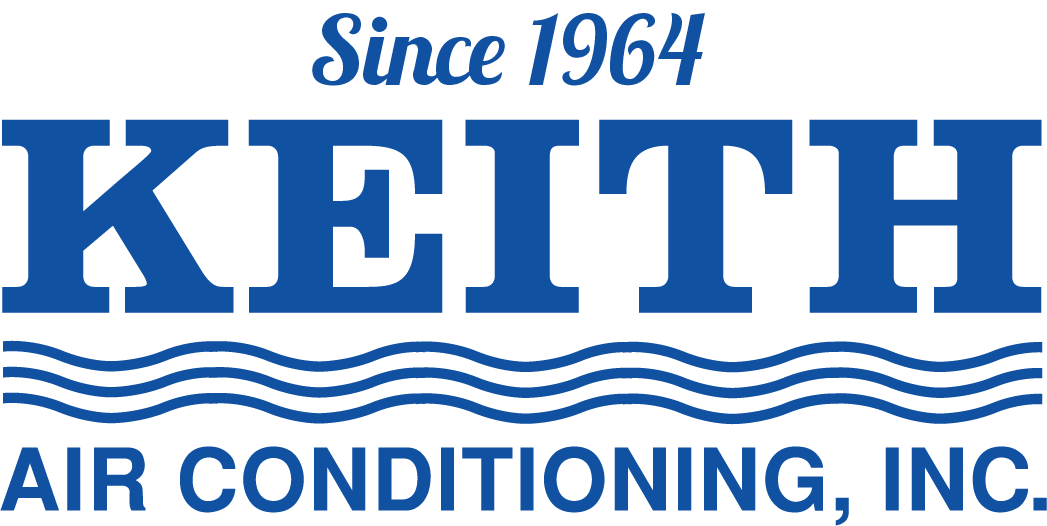High Efficiency HVAC Equipment Provides Year-Round Comfort
If you’re planning to replace your existing HVAC system, doing so with high efficiency HVAC equipment will increase your comfort without raising energy bills. Heating and cooling equipment that offers high efficiency is labeled with the Energy Star or Most Efficient label, and these systems have met strict criteria to earn this designation.
Since conditioning your home uses about half the energy you use each year, opting for systems that lower your consumption translates to lower utility bills. Although such equipment costs more than the systems that meet the minimum standards for efficiency, the payback when replacing is faster.
Furnaces
A combustion furnace’s heating performance is reflected in its annual fuel utilization efficiency (AFUE) rating, which expresses how much of the fuel it consumes is actually used for home heating. The minimum stands at 78, which translates to a system that wastes 22 percent of the fuel it uses. To be considered high efficiency, the furnace must have an AFUE of 90, wasting just 10 percent of the fuel it uses.
The most efficient furnace on the market—a condensing furnace—uses close to 99 percent of the fuel it consumes. This kind of furnace incorporates a second heat exchanger to remove the heat from the water vapor burned gas creates. Instead of going up the flue or chimney, it’s used for heating your home.
Other high efficiency HVAC equipment that’s suitable for heating your home in our climate include air handlers that contain variable speed motors, which use much less electricity than a single-speed motor does. You’ll benefit winter and summer because these systems offer more comfort and improved indoor air quality. The motor runs more slowly and quietly.
Heat Pumps
This is often the high efficiency HVAC equipment of choice for our region since winters are mild. The minimum efficiency for cooling stands at a seasonal energy efficiency ratio (SEER) of 13 and a heating season performance factor (HSPF) of 7.7 for heating. To qualify for high efficiency status, the SEER must be 14.5 and the HSPF must be 8.2 or more.
Air Conditioning Systems
Central air conditioners must meet the same SEER requirements that a heat pump does.
Installation Matters
While installing high-efficiency equipment is fundamental to achieving comfort and energy savings, how it’s installed makes a difference in its performance. Your HVAC contractor should cover these areas during the selection and installation process:
- Correct sizing – Avoid hiring an HVAC contractor who simply looks at the size of your existing equipment and goes by that. Sizing the system should be done with software tools called Manuals J and D. These take into account the conditioning load of your home and the ductwork and its configuration. A system that’s too large runs in short cycles more often during the day and drives up energy bills while increasing wear on the parts. One that’s too small won’t keep your home as comfortable when it’s exceptionally hot or cold.
- Energy efficiency upgrades – Improving attic insulation, increasing window energy efficiency and sealing air leaks will improve the system’s performance.
- Placement – The outdoor condensers for air conditioners and heat pumps should be placed in your yard where sunshine is limited to reduce cooling costs. The condenser has to get rid of the heat from your home, and shielding it from sunshine helps the hot refrigerant cool down.
- Ductwork – The contractor needs to conduct a thorough evaluation of your ducts to verify that they’re an adequate size for the new equipment and have few, if any, leaks. Leaking ducts will reduce the performance of high efficiency HVAC equipment substantially. The air will enter places in your home where it’s not needed, driving your conditioning costs up. Depending on the size of the leak or breach, the wasted energy could be substantial.
- Refrigerant levels – Heat pumps and air conditioners use refrigerant as the conditioning mechanism. Improper amounts reduce the efficiency of either system, and if the level is too low, could even cause your system to stop working.
- Maintenance – Keeping the air filter clean for the air handler and the outdoor condenser clean and free from nearby vegetation improves operating efficiency, as does annual professional maintenance.
To learn more about high efficiency HVAC equipment in the Mobile and Baldwin County area, contact Keith Air Conditioning, Inc. today.
